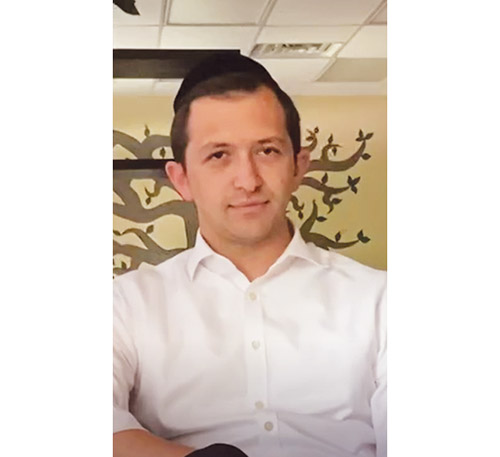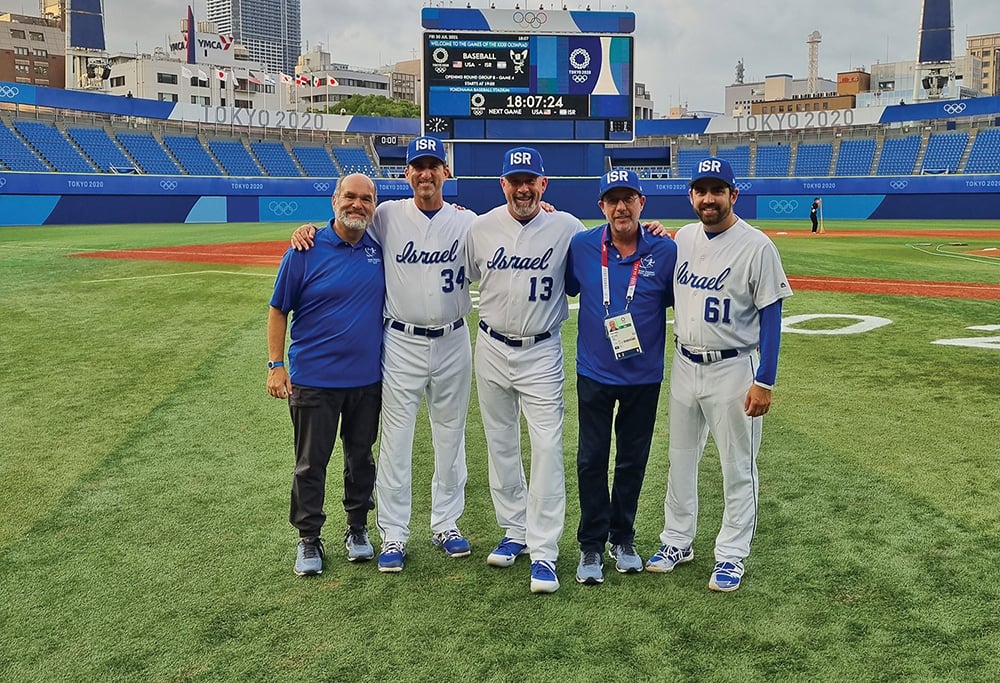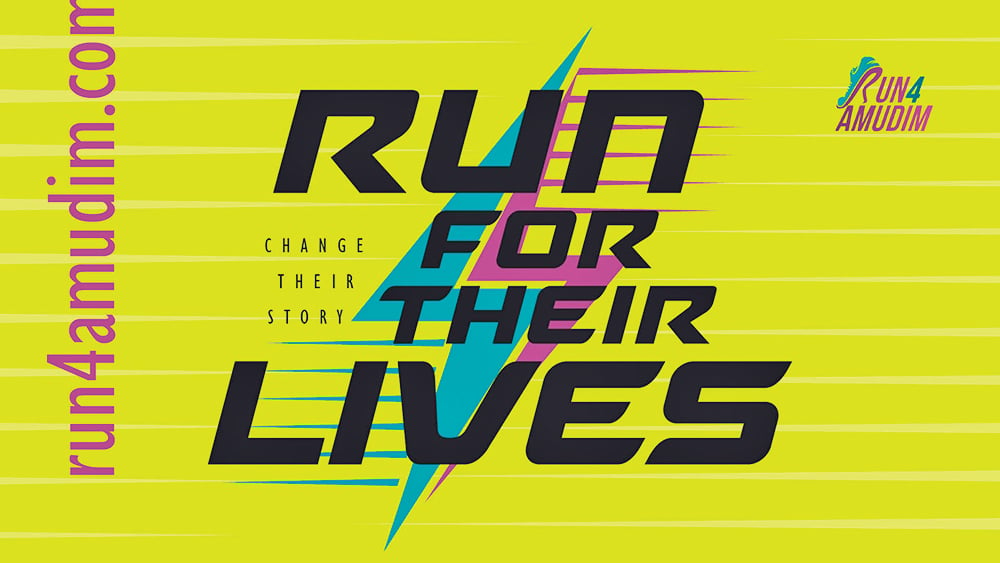

2021 saw the greatest uptick in substance-related overdoses in the history of our country. Preliminary numbers by the CDC indicate a nearly 30% increase in drug related deaths. Simply put, approximately 100,000 Americans lost their lives in 2021 to substance abuse. Unfortunately, this epidemic has not left the orthodox Jewish community unscathed.
As the clinical outreach manager for Recovery at the Crossroads, the only kosher rehab center in the tri-state area, I get dozens of calls a month from frum families who have been impacted by addiction. The disease of addiction does not discriminate. I have worked with husbands, wives, fathers, mothers, sons and daughters, all of whom are learning how to cope with the wreckage that is caused by addiction.
About six months ago, I received a phone call from Mrs. David*. Her son Aron*, a married father of three, had begun drinking heavily after experiencing financial difficulties related to the pandemic. Aron’s drinking had increased to the point where he wasn’t functioning anymore, and his family was on the brink of falling apart. Mrs. David was beside herself. She had tried for so long to keep her son’s condition private while also trying to be supportive to him and his family. Unfortunately, this is not uncommon. Studies indicate that the shame, guilt or public humiliation a family may feel can inhibit them from seeking their own support. When a family is inhibited from seeking support, addiction and hopelessness flourish.
Addiction impacts everyone in the family, and these family members deserve our compassion and support. The first thing we did was add Aron’s family to our Family Support Group. These groups focus solely on providing understanding and support to families struggling with addiction. Aron’s family began to understand that they weren’t the only ones struggling with this issue (the scourge of addiction). They began to process their own feelings of shame, resentment, and guilt while also learning new ways of coping with what they were experiencing. In the long run these groups can be vital to fostering long term recovery for both the addict and their families.
Once the family felt like they were getting the proper guidance, I began working with Aron individually. I vividly remember one of our early conversations where I was trying to understand what was going on for him on a personal level. I remember asking Aron what his biggest challenge was.
Knowing what alcohol had cost him, I was positive he would say something associated with his drinking habit. I was surprised when Aron turned to me and said “Nate, the greatest challenge I have is learning how to live with my trauma.” This one line taught me so much, not only about Aron’s story, but about addiction in general. So many of the clients who I work with don’t have a drinking problem, rather, they have a living problem. They don’t know how to cope with things like anxiety, depression or trauma, and for some, drugs and alcohol provide a brief respite from their struggles.
It’s vital when working with addicts that we focus on the underlying issues as well as the addictive behaviors. To that end, Recovery at the Crossroads is a licensed co-occurring treatment facility, which means that we are licensed to address both substance abuse and any underlying mental health condition. We also offer a trauma-informed track where we provide highly specialized modalities, like EMDR, for the treatment of trauma.
After 30 days in treatment Aron began attending family therapy sessions with his wife and other close family members. These sessions were not light, but they were integral in providing the building blocks for his future familial relationships. Three months into treatment, at a family support group session, Aron’s wife shared that she had never heard her husband express himself so openly, and how happy she was that he had found a place to help him process his childhood trauma.
It’s been six months since I first received the call from Aron’s mom. He isn’t out of the woods yet, but he and his loved ones are on a completely different trajectory. They are open and honest in how they communicate and support each other. They have become a paradigm for what can happen when a family struggling with addiction enters recovery.
*All names and identifying details have been changed to protect confidentiality.
Nesanel Nagelblatt is the clinical outreach manager for Recovery at the Crossroads.












